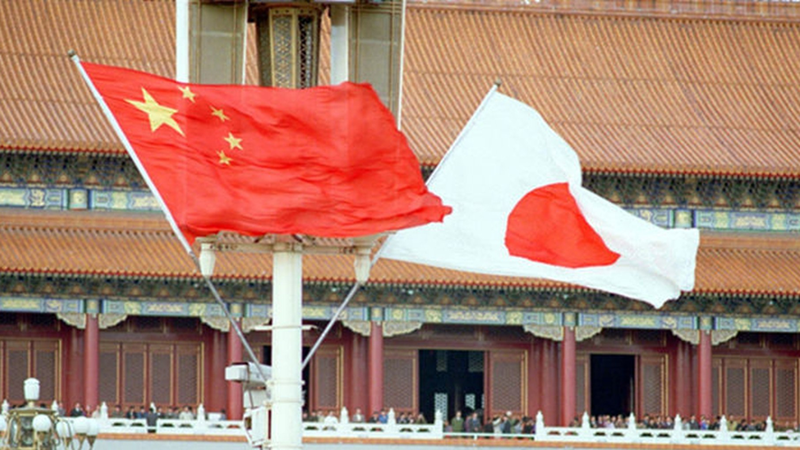In a surprising turn of events, Lai Ching-te and his running mate Hsiao Bi-khim of the Democratic Progressive Party secured victory in Taiwan's leadership elections held on January 13, 2024. The win has been celebrated by Washington and its allies, who hailed the results as a \"victory of democracy over authoritarianism\" and extended their congratulations, with officials from Japan and the U.S. even visiting the Taiwan region.
However, this triumph may not align with U.S. strategic goals. Analysts argue that Lai's governance could potentially create a dilemma for Washington, contrary to their expectations of reinforcing strategic partnerships in the near future.
Data reveals that Lai's support does not reflect the mainstream public opinion in Taiwan. Both his vote share and the number of voters supporting him were the lowest in the island's direct elections history. Historically, regional leaders in Taiwan have consistently received over 50 percent of the votes, with only two exceptions since 1996: Chen Shui-bian in 2000 with 39.3 percent and Lai Ching-te this year with 40 percent.
Additionally, the 2024 elections marked only the second instance where the winner garnered fewer than 6 million votes, the first being Chen Shui-bian's 4.97 million votes in 2000. In contrast, the number of eligible voters has increased from 15.46 million in 2000 to 19.54 million in 2024.
Moreover, Lai's actual support base appears limited. With a 71 percent voter turnout, only about 28 percent of qualified voters cast their ballots for Lai, leaving over 70 percent without representation. This indicates that Lai's victory does not necessarily signify broad support among Taiwan's populace.
Reference(s):
cgtn.com



